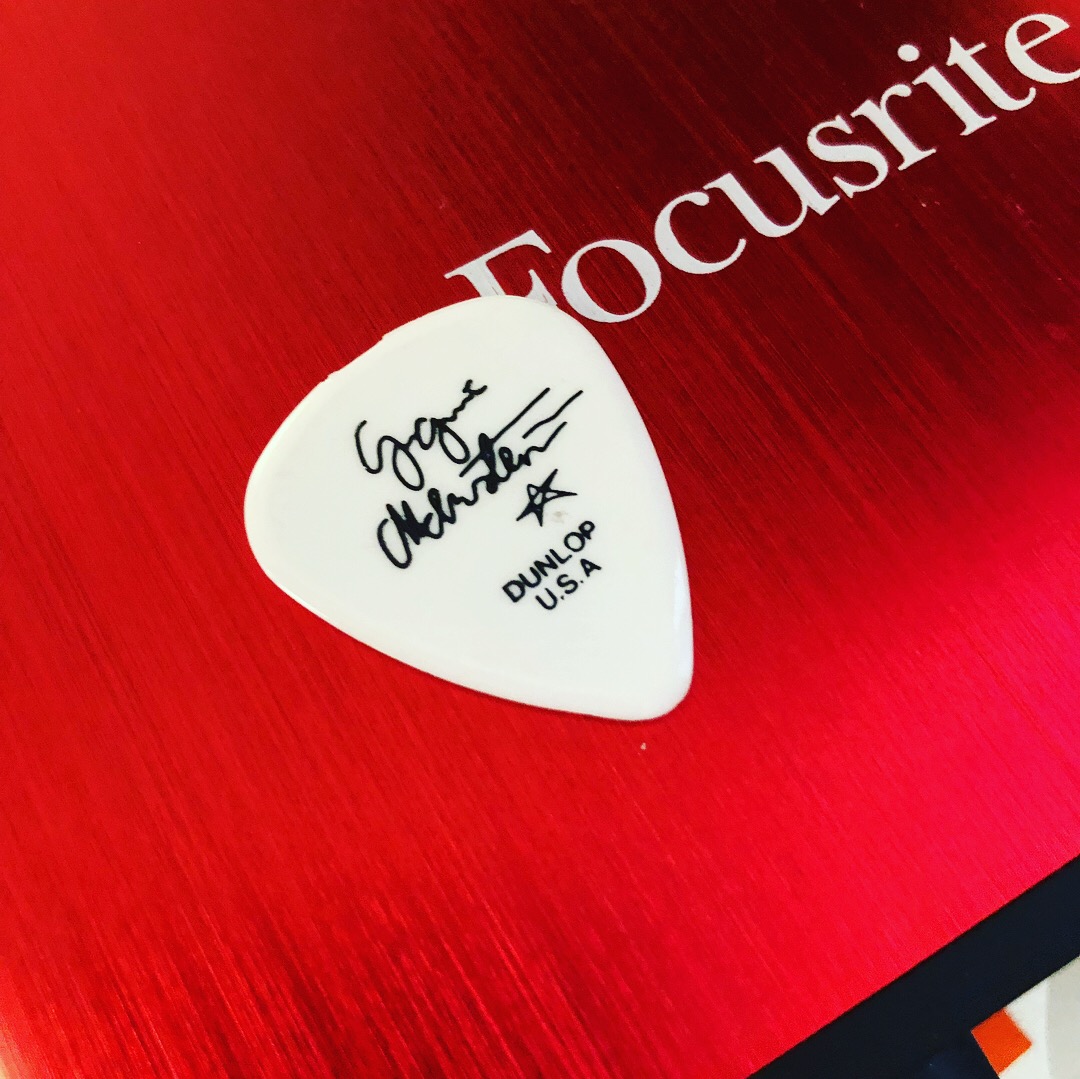We live in an awesome time for musicians, where you can get very solid gear to record at home for not a whole lot of money. Not to mention, the ability to record on phones and tablets with mostly free recording apps. The benefits of recording yourself are so vast, that it always pays to record yourself.
I want to talk about 3 ways that guitarists can use recording as a way to build vocabulary, write songs, and see how far they’ve come. Let’s get into it!
Developing A Lick Library
If you’re subscribed to my weekly newsletter, Six String Sunday, you’ll know that I talk about practice and lick libraries all the time. Personally, I have a lick library on my Mac that’s split up into two folders - “from others” and “I wrote”. Then, within each folder I have genre subcategories - blues, rock, jazz, country, etc.
The great thing about recording a lick library is that when you’re writing songs, you’ll have lots of riffs to pull from. And, if you need new inspiration, just go back to your library and see what you enjoy and want to work on for the day.
If you’re recording strictly audio versions of the riffs, try and also notate them, so that later on you have an idea of where you were playing the riff, and any techniques you might have used. I really love using Guitar Pro as a transcribing tool. You can check out my full review of that app here.
An even greater way to create your lick library is to use video to record your riffs. This allows you to capture ideas, see where you were playing riffs, and focus in on anything you might want to change down the road in regards to your left and right hands.
Develop a lick library today, and in a year you’ll be amazed at the amount of good music you have to pick and choose from.
Never Lose A Riff Again
You’ll hear stories time and time again of musicians, writers, and more who think of an idea at the most inopportune moments - when in the shower, at 2 a.m., or some other inconvenient time.
The benefit of having at the very least your phone on you, is the ability to record a riff no matter what, via video or audio. That way, you’ll never lose a riff again. One other bit of advice for this one and the lick library - make sure you have a solid backup.
If you have your riffs only on your phone, and you lose your phone (a la Kirk Hammett), you stand to lose all of your hard work. If you record riffs on your phone, make a backup to the cloud, or to your computer, or to both. There are so many services out there, including iCloud, Google Drive, DropBox and others that’ll give you free space to save all of your creations.
Tracking Your Progress
Another powerful reason to record is so you can track your progress as a player. One of the best things you can do for yourself is to set small goals. If you want to learn sweep picking, set a goal to practice sweep picking a little bit every day, for 30 days.
If you record yourself, you can see how far you’ve come in a month. If you continue recording yourself, you can check your progress in a year, two years and more.
I’m currently using a great app for this called Modacity. The app is a good combination of all the things I mention in this post - being able to record yourself, listen back to your progress, take notes on your sessions, and save riffs. They even have practice guides, a metrodrone (metronome and drone), and great support.
What Do You Use to Record?
If I’m not in the studio, I use my Fractal AX8 into a Focusrite Scarlett Solo (just $100). If you have a computer and $100, you can totally record and make it sound good with enough practice.
Most recording programs will have built in amp emulators so you can get a decent sound by simply plugging your guitar cable right into an interface (which is also good for late night sessions, where you can use headphones).
Do you currently record yourself? If so, what do you use? Let me know by commenting on Twitter, Facebook, or Instagram!

